It Should Be Normal To Not Have An Opinion About Important Issues
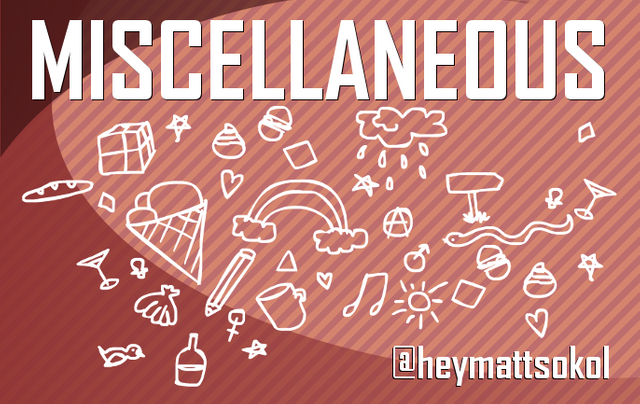
The President’s Job, The Average Joe
Can anybody know anything? I wonder if there's a single person who truly has the expertise to be the "CEO" of the world.
I got this idea from Joe Rogan -- who often says that the Preisdency is too big of a job. He asks how anybody could be expected to successfully lead the entire country on economics, environment, military, civil rights, education, etc etc etc… and, even though Joe is not a serious political commentator, he has a point. We can’t expect the president to get everything right.
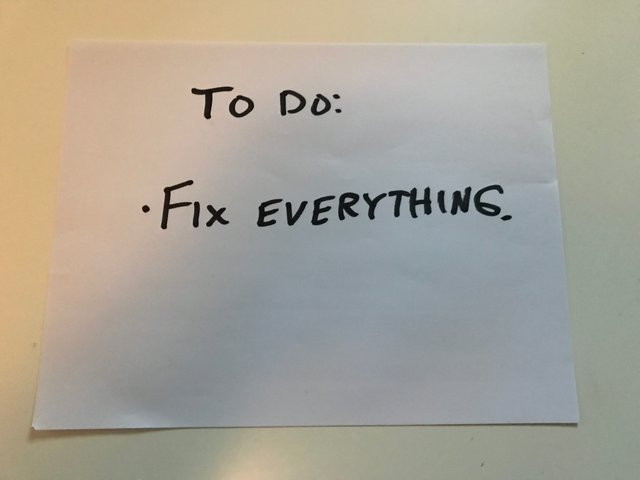
More to the point though - we can’t expect citizens of America (or any country) to get everything right. If even our top elected officials probably don’t have that kind of expertise, how can the citizens have it?
Look at me. I’m a musician and a technology blogger. I’m 26 years old. I made weird sounds and write speculative articles about technology from a distance.
Why am I expected to have a strong opinion on every political issue? I barely deserve consideration on my opinion about breakfast, on a global politics scale.
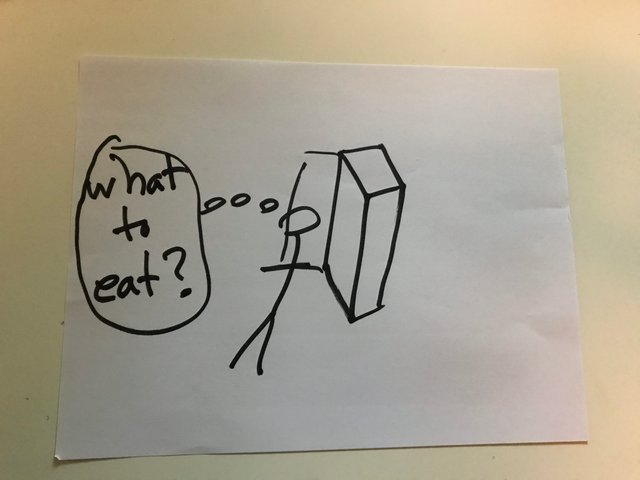
And why, as a society, are we so into this idea of openly discussing all ideas regardless of if we know anything about it? Why debate war if your only knowledge is what your parents told you? Why debate climate change, education, or economy if you haven’t done any real research on those fields?
The knowledge and training should be as openly available as possible, and we improve society so truly ALL people can access it. That part needs a lot of work and is a whole other conversation.
NOTE: This is more about personal accountability btw, not about shutting others down. It’s about “I should stop talking and start listening,” not “other people should shut up!” I feel like that is an important distinction.
Personal Empowerment Through Acknowledgement of Not Knowing
What’s the point, on any issue, of having a supposedly intellectual conversation when you or the other person are not making a serious effort to understand the topic? There is no point, in my opinion.
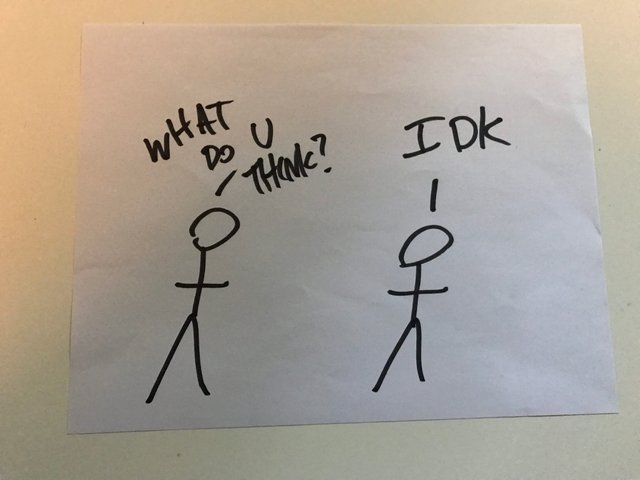
You do negative progress when you attempt to converse as if you knew about a thing, without actually knowing it. Pretending that you know “most scientists agree X” on a thing, without verifying, is dangerous.
——
EXAMPLE CONVERSATION:
You, debating a point: “I believe [idea] because of this true [fact]."
Them, also debating: “That fact might not be true. Are you sure thats right?"
You: “Uhhh idk lets look on wikipedia”
Them: -_-
—-
I know I’ve had this experience - of debating, and then realizing mid-debate that I do not actually know for sure where I got my information from. It sometimes turns out that the information is garbage, learned from some 3am YouTube binge.
It happens when my desire to be correct outweighs my desire to learn and explore. Unfortunately it’s hard to prioritize learning because learning means not avoiding being wrong, and we almost all want to avoid being wrong.
For now, I am making a newfound and intense effort to simply not have an opinion. I don’t know much about anything right now. I’m young and fresh to this adult life, and I’m exploring. I’m tasting.
Maybe this will help me to make bigger & better contributions to the world in the future.

What about you? Do you find yourself with passionate opinions that don’t necessarily have a strong foundation? How do you avoid this?
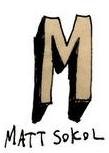
I am totally guilty of repeating a narrative, vs holding a cultivated opinion. Interestingly, I became aware of this in SteemSpeak listening to people argue about things they obviously didn't understand.
I've been working on being a better and more honest communicator ever since. I am thrilled that you put this in a post.
The news media gives us two overly simplified versions of an issue and we march out into the world and fight about it.
It's in the air this week! Great to see so much good conversation happening all around the internet about free speech and free thought. Cheers @whatsup
I'm 50 and I know less and less everyday !
😂 😂
agh!! lol
Good post... made me think about an assignment I got in a philosophy class to answer the question:
Turns out that what we know based on our own experience is a small set of things that we can examine closely. This is where philosophy and thinking should begin, imho.
There is a philosophical method developed at the turn of the 19th century to examine our own experiences called "phenomenology" that you might appreciate. Their motto is "To the things themselves."
But the attempt to examine what we really can know for ourselves really begins with the father of Modern Philosophy, Descartes. His Meditations is a very readable account of how he went about learning for himself what the basis was for all of what we can know. Hint: It begins with our own certain existence.
Let me know if and how you answer the question of what you know and how for yourself!
Ya that is a great thing to think about... how little we have personally seen vs. how much we think we "know," from past millenia and far flung corners of the world.
Exactly! Some second hand knowledge (like what we read or are told about) might also count as our knowledge if we've truly internalized it, but it's an interesting philosophical question to consider at what point it is part of what we know. 🌐
It is OK not to know and don't have an opinion. It is also OK to have two or more contradictory opinions at the same time. the world is extremely complex. How to avoid this? Take an online course in complexity theory...
It is also OK to have two or more contradictory opinions at the same time.
that way lies madness...cognitive dissonance..
madness or wisdom :-) I don't have a problem with it. Some people probably have more suitable brains to do it. Not that I think it is good or bad. It's just one tool to cope with complexity.
madness doesn't usually work out too well.
ive never heard of complexity theory, i will have to give it a read
@heymattsokol you can take a youtube course: https://www.youtube.com/channel/UCutCcajxhR33k9UR-DdLsAQ
I agree. A lot of us who are opinionated are really only good at launching attacks and criticisms. We know nothing about actual solutions and how to get things done
I wonder if there's a single person who truly has the expertise to be the "CEO" of the world
Nope...
Also recall that the effective IQ of a group is the mean IQ of the group divided by the number of members in the group.
(groups are stupid)
I'm an opinionated person, but sometimes I feel like "I don't know" is the most provocative thing to say. It feels like I'm the only person on Twitter who doesn't have an opinion about Kanye's recent tweets. Scott Adams, the Dilbert cartoonist, used to have a provocative style of being neutral on his blog before he became a Trump cheerleader.
This reminded me of a somewhat related exercise from philosopher David Chapman: Can you argue convincingly in the language of your political opponents?